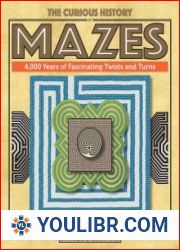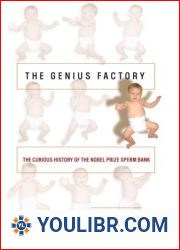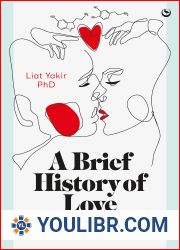
BOOKS - Love Entwined: The Curious History of Hairwork in America


US $8.66

953351

953351
Love Entwined: The Curious History of Hairwork in America
Author: Helen Sheumaker
Year: June 29, 2007
Format: PDF
File size: PDF 49 MB
Language: English
Year: June 29, 2007
Format: PDF
File size: PDF 49 MB
Language: English
In the largely forgotten craft of hairwork, practiced widely in nineteenth-century America, the hair of loved ones - living and deceased - was woven into jewelry, wall decorations, and keepsakes. Rings, bracelets, lockets, and brooches were set with metalwork or ivory and painted with rich patterns. Pocket watches hung from long, woven hair fobs. Parlor walls were decorated with elaborate wreaths made of hair fashioned into twigs and flowers, often adorned with beads or ribbons. More unusual items even included a tea set made entirely out of hair. Victorian men and women treasured hairwork not only as remembrances of loved ones and memorials of relationships but also as objects of beauty and means of personal expression.Beginning as a trade of highly skilled craftsmen in the late eighteenth century, hairwork became tremendously popular among the middle class, and supported at its peak in the mid-nineteenth century an industry that included catalog dealers of premade pieces, standardized patterns, and how-to books for hobbyists. Advertisements, stories, and illustrations in popular publications depicted hairwork as the height of sentimental fashion.Using a wide array of evidence drawn from poetry, fiction, diaries, letters, and, above all, examples of hairwork, Love Entwined traces the widespread and long-lived popularity of the craft and its place in the American marketplace. During a period that saw a growing mechanization of production methods, hairwork stood apart not only for being made by hand but also for using a part of the body as a material. Helen Sheumaker argues that this refiguration of a loved one's hair into a commodity created a unique meeting point between sentimentality and consumerism, intensifying the close relationship between the goods one purchased and the kind of person one wished to be.













































